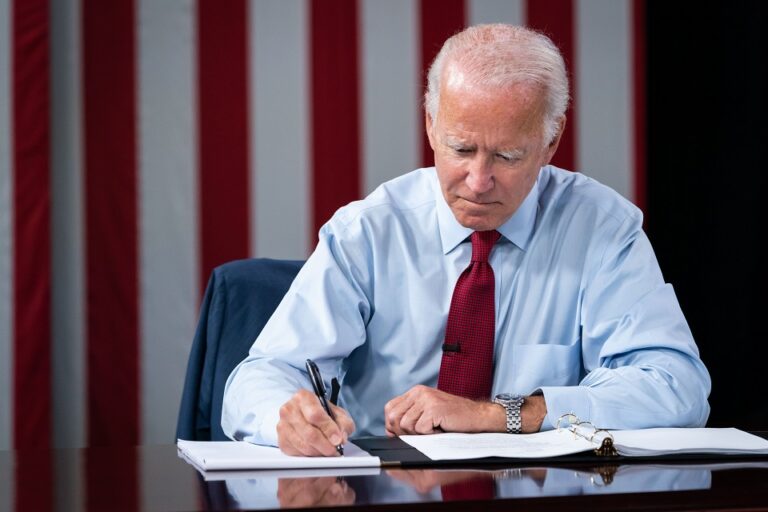
Frequently Asked Questions (FAQs)
Here are answers to some of the most common questions surviving spouses have during this difficult time.
Do I have to go through probate if my spouse had a will?
This is a common point of confusion. A will does not automatically avoid probate; in fact, a will is the document that directs the probate process. The purpose of probate is for a court to officially validate the will and supervise the distribution of assets. However, many assets can pass outside of probate. These include assets held in a living trust, property owned as joint tenants with right of survivorship, and accounts with a designated beneficiary (like life insurance or an IRA).
Am I responsible for my deceased spouse’s credit card debt?
In most cases, you are not personally liable for debts that were solely in your spouse’s name. The debt is owed by their estate. However, there are important exceptions. If you were a co-signer or a joint account holder, you will remain responsible for that debt. Additionally, if you live in a “community property” state (Arizona, California, Idaho, Louisiana, Nevada, New Mexico, Texas, Washington, Wisconsin), the laws are different, and you may be responsible for debts incurred during the marriage. Always consult with an attorney before paying any debts.
How do I get access to my spouse’s individual bank account?
You cannot simply walk into the bank and withdraw the money, even as the surviving spouse. The bank needs legal proof that you have the authority to manage the estate. To access an individual account, you will typically need to provide the bank with a certified copy of the death certificate and the court-issued document appointing you as the executor or administrator (often called Letters Testamentary). Once you have this authority, the bank will release the funds to the estate account you have opened.
What happens if my spouse died without a will (intestate)?
If your spouse died “intestate,” your state’s laws of intestate succession will determine how their property is divided. These laws vary significantly from state to state. Typically, a surviving spouse receives a large portion (or all) of the estate, but some may be allocated to children or other relatives. The process still requires court supervision, similar to probate, where the court will appoint an administrator to manage the estate settlement. This underscores the importance of having a will to ensure one’s wishes are followed.
How long does the estate settlement process take?
The timeline can vary dramatically. A very simple estate with a clear will, no disputes, and assets that largely avoid probate might be settled in four to six months. However, a more complex estate involving a business, extensive real estate, or disagreements among heirs can easily take a year or longer. The probate process itself has legally mandated waiting periods for creditors to file claims, which also extends the timeline.




